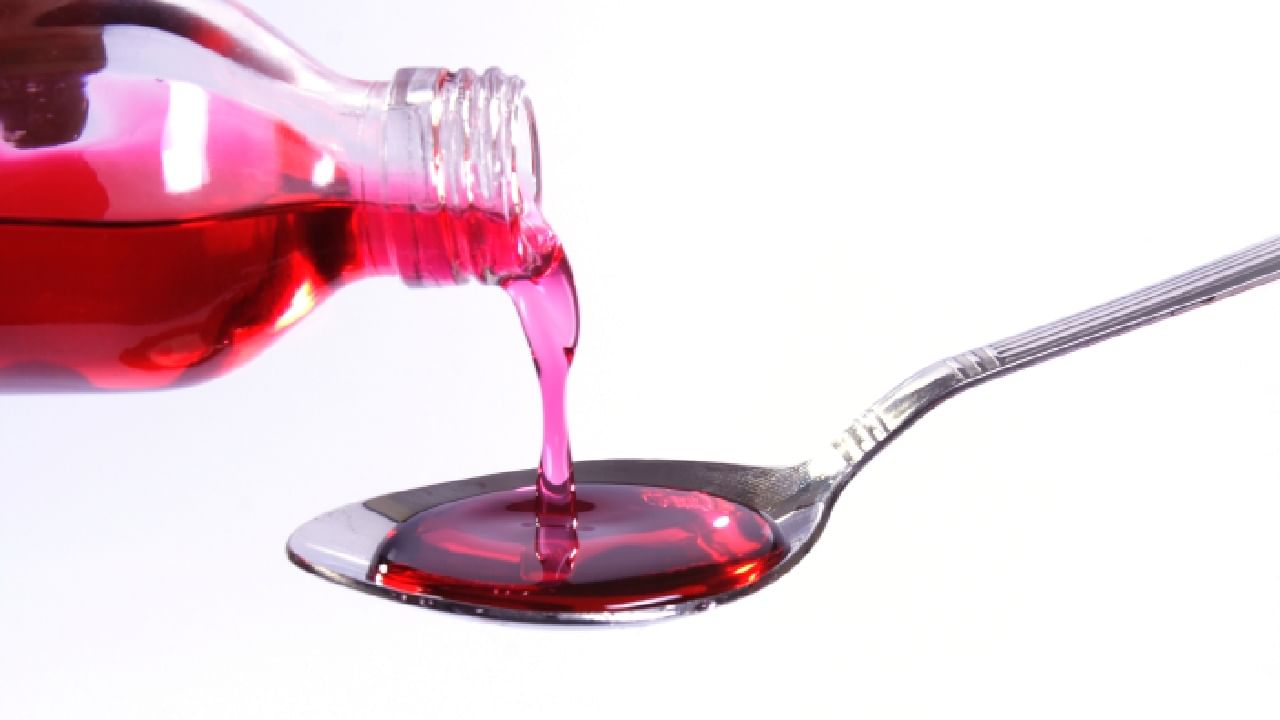Chennai: The Tamil Nadu Drugs Control Department has issued an immediate stop-production order and a ban on the sale of Coldrif cough syrup after a state laboratory analysis confirmed the presence of a toxic industrial chemical, Diethylene Glycol, in a specific batch of the medicine. The action comes amid a tragic incident in Madhya Pradesh, where the deaths of eight children are suspected to be linked to cough syrups manufactured in Tamil Nadu.
The manufacturer, Srisan Pharma, based in Kanchipuram district in Tamil Nadu, has been served a show-cause notice for the cancellation of its manufacturing license. The move follows a urgent communication from the Madhya Pradesh Food and Drug Control Department, which reported the successive deaths of eight children, aged one to seven, in Chhindwara district over 15 days. Initial investigations there revealed the children had consumed two cough syrups, including Coldrif which is also manufactured by Srisan Pharma.
#WATCH | Tamil Nadu: Following the deaths of children in Chhindwara district of Madhya Pradesh after consuming a cough syrup prescribed by doctors, Madhya Pradesh State Food and Drug Controller Dinesh Kumar Maurya requested the Tamil Nadu State Drug Control Department to inspect… pic.twitter.com/Em6yEGNUMM
— ANI (@ANI) October 3, 2025
Coldrif Cough Syrup Faces State-Wide Ban and Multi-State Alert Issued Over Contaminated Syrup
Tamil Nadu Deputy Director of Drugs Control, S. Gurubharathi, stated that upon receiving the letter from Madhya Pradesh on October 1st, a team immediately inspected the Srisan Pharma facility, treating the matter as a “life-saving issue.” During the inspection, five medicines, including the implicated coldrif from batch SR-13, were seized for testing.
“While the other four medicines were found to be without harmful factors, the drug Coldrif was found to contain the chemical diethylene glycol,” Gurubharathi confirmed. Consequently, an order has been issued to suspend the sale and distribution of the drug across Tamil Nadu until further notice. As a precautionary measure, alerts have also been sent to other states where the syrup was distributed, including Odisha and Puducherry, advising them to halt its sale. The finding of Diethylene Glycol, a substance commonly used in antifreeze and paints, in a medicinal product marks a severe lapse in quality control and has triggered a major regulatory response to prevent further tragedy.
